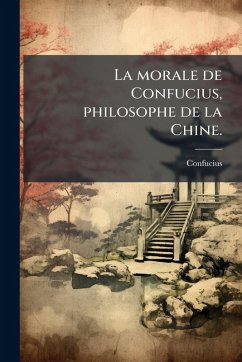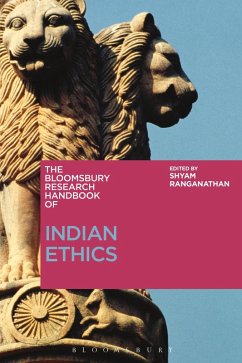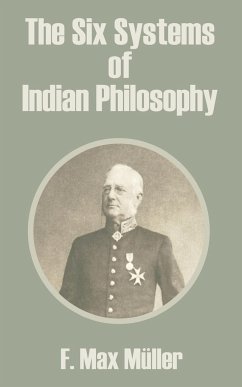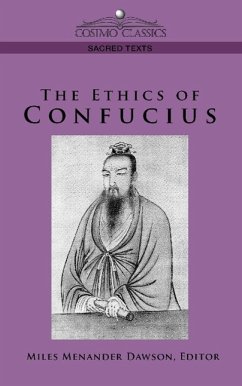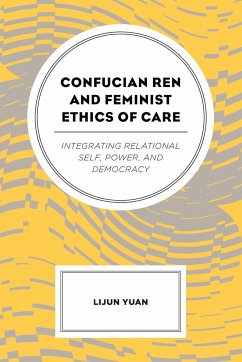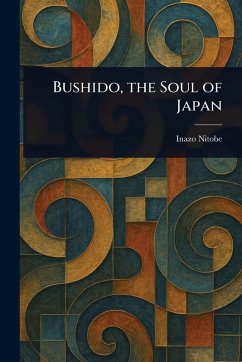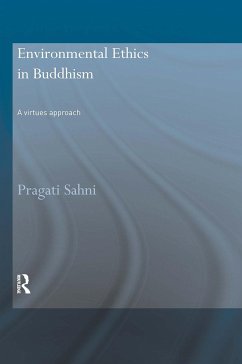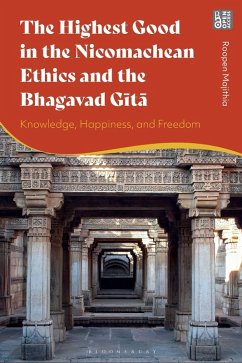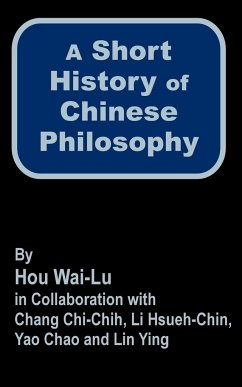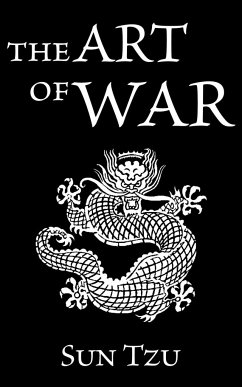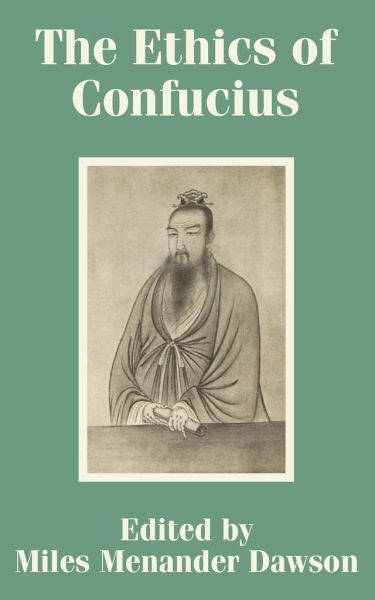
Ethics of Confucius, The
Versandkostenfrei!
Versandfertig in 1-2 Wochen
24,99 €
inkl. MwSt.

PAYBACK Punkte
12 °P sammeln!
This treatise covers the works of Confucius and his chief followers, with a sketch of his life. When Confucius died, it is recorded that his last words were regrets that none among the rulers then living possessed the sagacity requisite to a proper appreciation of his ethical philosophy and teachings. He died unhonored - in his seventy-third year - in 479 B.C., feeling in the flickering beats of his failing heart that his inspiring pleas for truth and justice, industry and self-denial, moderation and public duty, though then without having awakened men's impulses, would yet stir the depths of ...
This treatise covers the works of Confucius and his chief followers, with a sketch of his life. When Confucius died, it is recorded that his last words were regrets that none among the rulers then living possessed the sagacity requisite to a proper appreciation of his ethical philosophy and teachings. He died unhonored - in his seventy-third year - in 479 B.C., feeling in the flickering beats of his failing heart that his inspiring pleas for truth and justice, industry and self-denial, moderation and public duty, though then without having awakened men's impulses, would yet stir the depths of the social life of his land. The ethical and political precepts of Confucius are not well known in Occidental countries, even to most of those who give special attention to these subjects; and of what is known, much, indeed most, is confused with the notion that Confucius taught a religion in our sense of that term.Yet these ethical teachings, which are almost purely secular, have for more than 2000 years been accepted by a larger number of human beings than those of any other teacher. This, also, notwithstanding that the peoples who so receive Confucian morals as their guide are of the most various views concerning religion, i.e., for instance, are Buddhists, Muhammadans, Taoists, Shintoists, etc. No other ethical system, whether or religious origin, or secular, has ever been acceptable to persons professing religious convictions so diverse.





